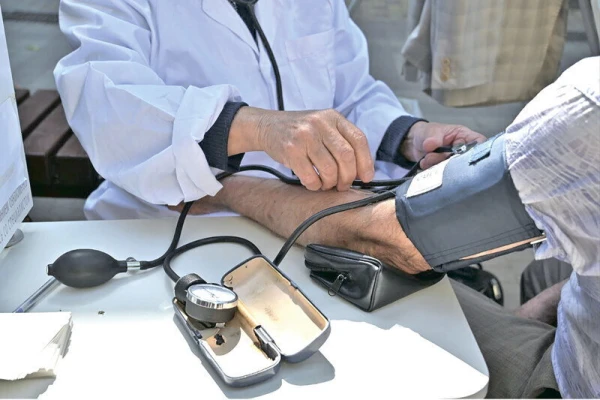
Heartburn is associated with an increased risk of myocardial infarction.
Researchers from Jefferson Einstein Hospital have found that gastroesophageal reflux disease (GERD) is associated with an increased risk of myocardial infarction. The results of the study were published in the journal JGH Open.
The authors conducted a systematic review and meta-analysis that included data from 1,324,362 individuals from six large studies. The comparison showed that patients diagnosed with GERD have a 27 percent higher likelihood of experiencing their first heart attack compared to those without heartburn. Furthermore, the analysis did not reveal any publication biases, confirming the reliability of the results.
According to the researchers, there are several possible explanations for this association. Chronic inflammation occurring with GERD may trigger a systemic inflammatory response that damages vascular walls and promotes the development of atherosclerosis. Additionally, persistent oxidative stress and dysregulation of the autonomic nervous system can increase the burden on the heart, accelerating the progression of cardiovascular diseases.
The scientists emphasize that the findings could change the approach to treating heartburn: patients with GERD should receive more attention regarding the control of inflammatory processes, stress levels, and cardiovascular health.












